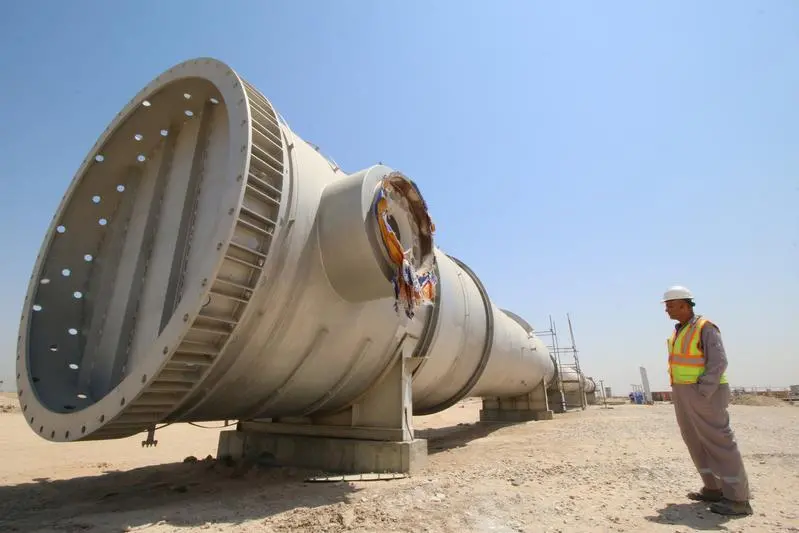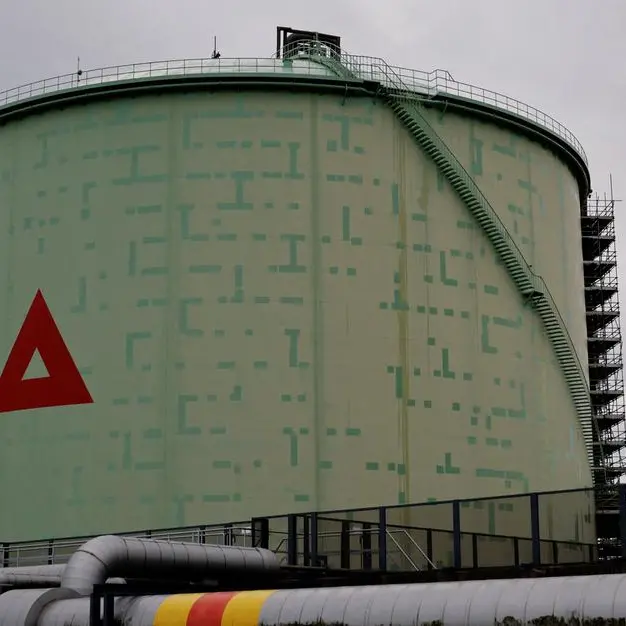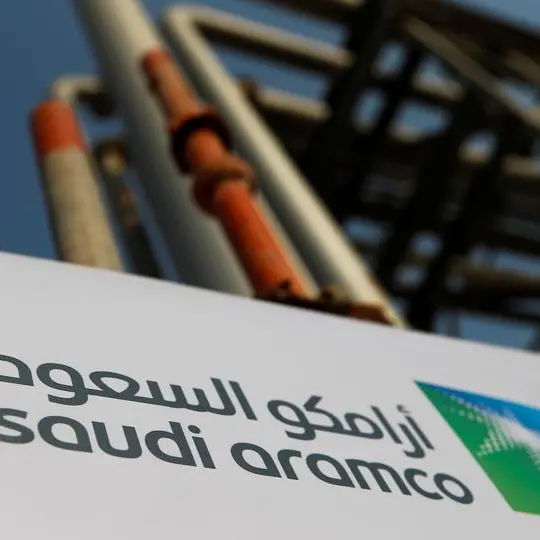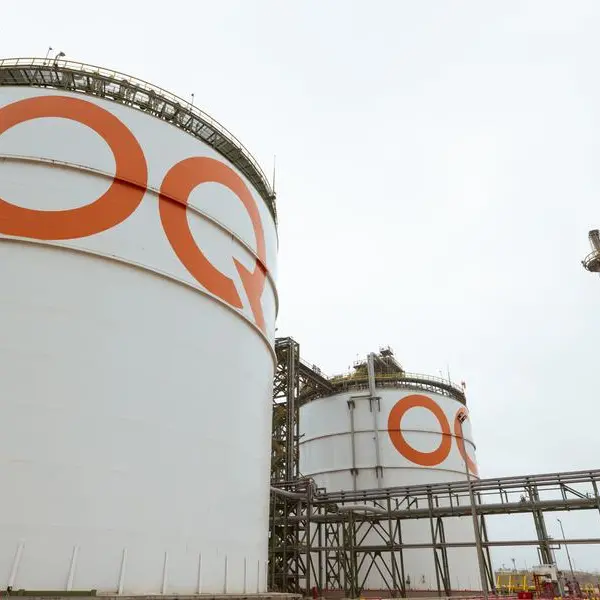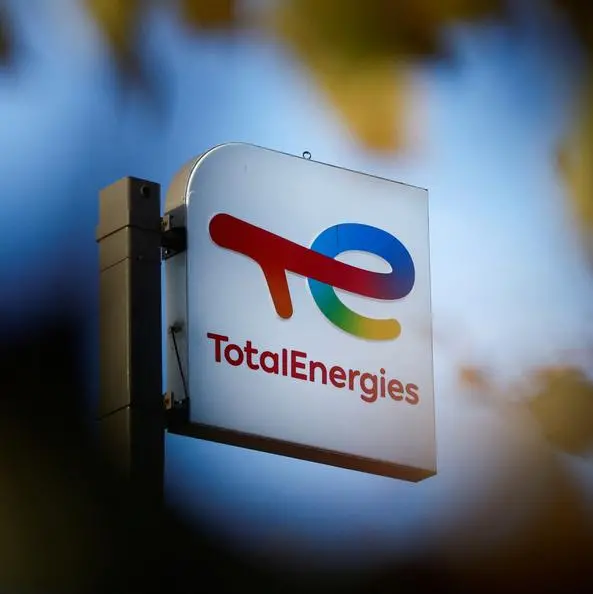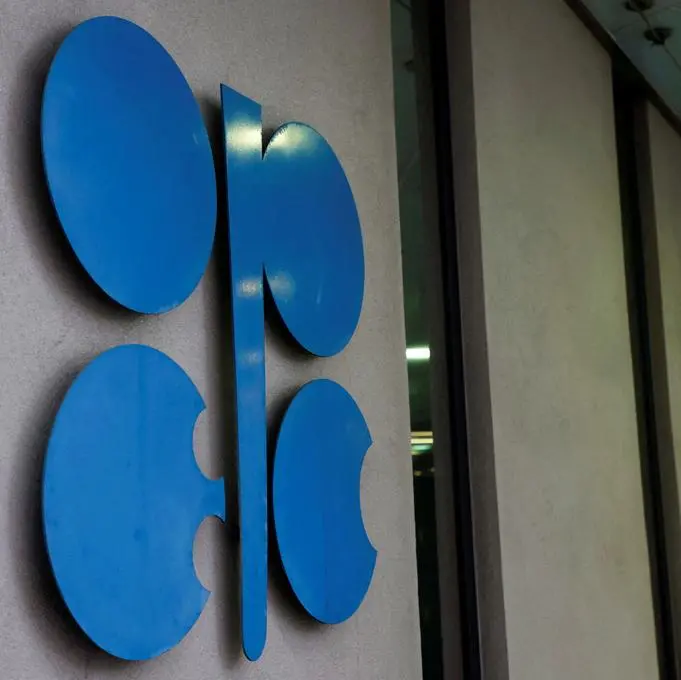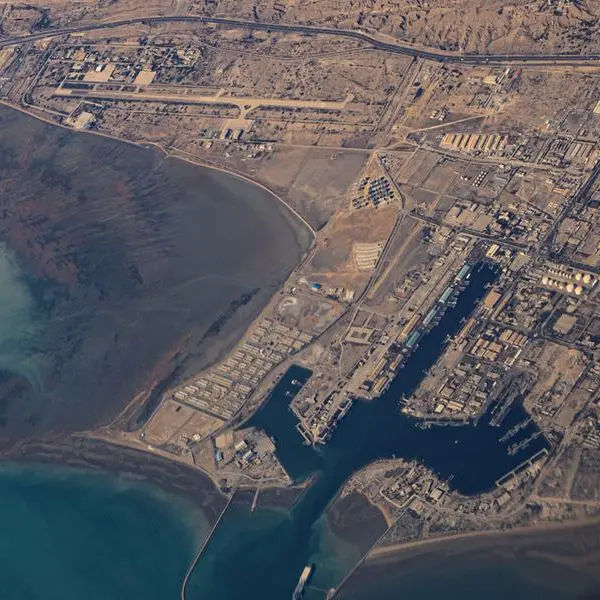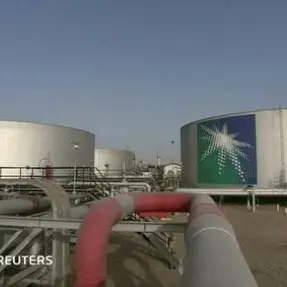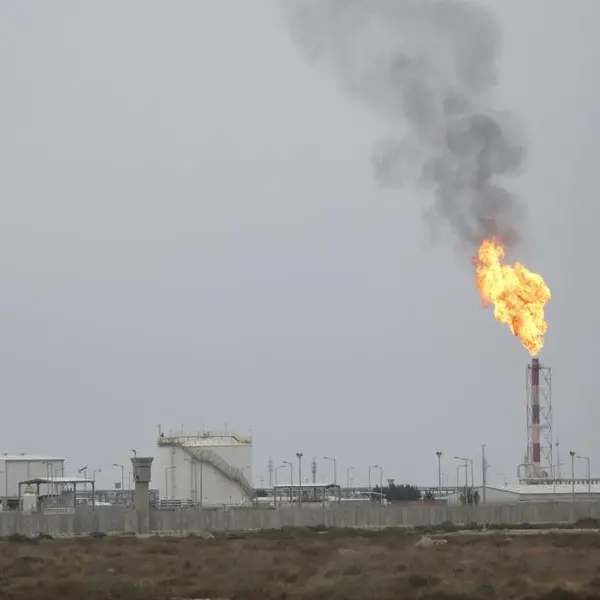PHOTO
The eruption of hostilities between Israel and Iran may disrupt plans by Iraq to develop its gas resources and obtain more supplies from Iran and Turkmenistan, experts say.
Fearing a conflict spillover, Iraq has already shut one of its main gas fields after hundreds of its foreign operators fled to neighbouring Kuwait, the Iraqi media reported.
Al-Jibal news agency said the Siba gas field in the southern Basra province, which is close to the Iranian border, has been “completely shut down” and nearly 600 workers, including 100 engineers, were transported to Kuwait because of the escalation.
“It should be noted that the Siba field is one of the pillars for Iraq’s plans to reduce its reliance on gas imports,” the report said.
With an area of nearly 150 square kilometres, Siba field contains more than one trillion cubic feet of natural gas and is jointly operated by Kuwait Energy Company, Turkey’s TPAO, the Egyptian General Petroleum Corporation and Iraq’s Maysan Oil Company.
Iraq, a founding OPEC member, has launched a drive to develop its gas deposits of around 3.5 trillion cubic metres to lessen imports and ensure sufficient fuel for its power facilities, which have been heavily dependent on Iranian gas.
On Saturday, Israel sent shock waves when its drones struck an onshore gas processing facility near the giant South Pars gas field, heightening fears of an escalation of attacks on hydrocarbon production installations in both countries.
South Pars and North Dome offshore fields are by far the world’s largest gas reservoir, with an estimated 1,800 trillion cubic feet (51 trillion cubic metres) of natural gas condensates. The field is shared by Iran and Qatar and has an area of 9,700 sq km.
“South Pars is a key component of Iran’s economy as it supplies gas to the local market, Iraq, Turkey and other countries,” said Nabil Al-Marsoumi, an energy and economics professor at Basra University.
“Therefore, the field holds significant strategic importance, not only for Iran's energy sector, given the current electricity crisis, but also for the global energy market. If the field is seriously damaged, it will have drastic repercussions not only internally but also on Iranian gas exports, particularly to Iraq and Turkey.”
Iraq, which controls the world’s fifth largest proven oil deposits, said last month that it considering importing gas from Turkmenistan within a swap agreement with Iran.
Iraq’s electricity minister Ziad Fadhil, who visited Ashgabat in May, said the deal involves importing 20 million cubic metres of natural gas per day from Turkmenistan, which will pipe the supplies to Northern Iran.
Iran will then export the same quantity of its own gas to Iraq and keep the imported Turkmenistan gas for its own domestic use, he said.
“If the hostilities in the region escalate, I don’t believe such import plans will work,” Manar Al-Obaidi, a well-known Iraqi energy analyst told Zawya Projects.
Iran had been the sole gas supplier to Iraq with daily exports of around 50 million cubic metres before they sharply receded this year after a sharp rise in domestic consumption outpaced Iran’s production.
Iraq’s Electricity Ministry reported last month that Iranian gas supplies plunged to around 20 million cubic metres per day in May from the contracted 45 million during that month, causing a large decline in its power generation.
Baghdad signed a gas supply contract with Turkmenistan in 2024 but it has remained on the shelve apparently because of Western sanctions on Tehran.
Iraqi officials said this year they would import offshore terminals to receive LNG shipments from some gas producers, including Qatar and Oman.
(Reporting by Nadim Kawach; Editing by Anoop Menon)
Subscribe to our Projects' PULSE newsletter that brings you trustworthy news, updates and insights on project activities, developments, and partnerships across sectors in the Middle East and Africa.
